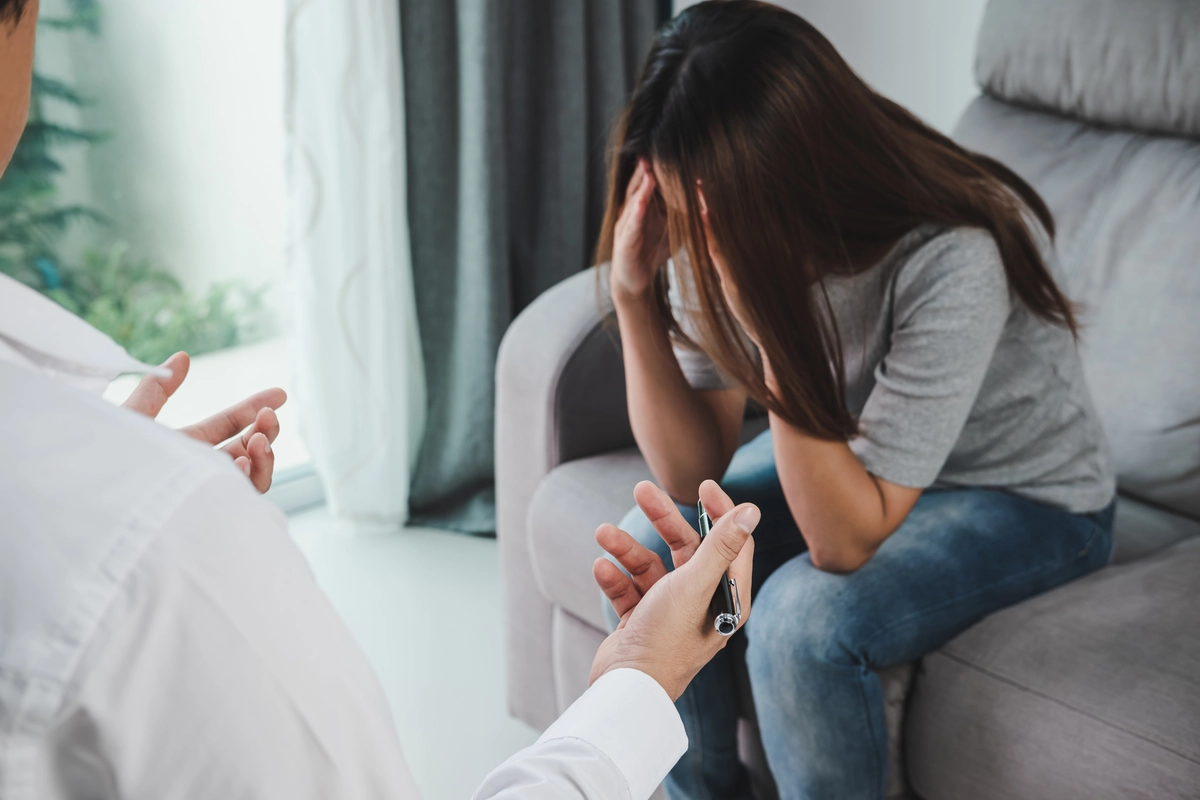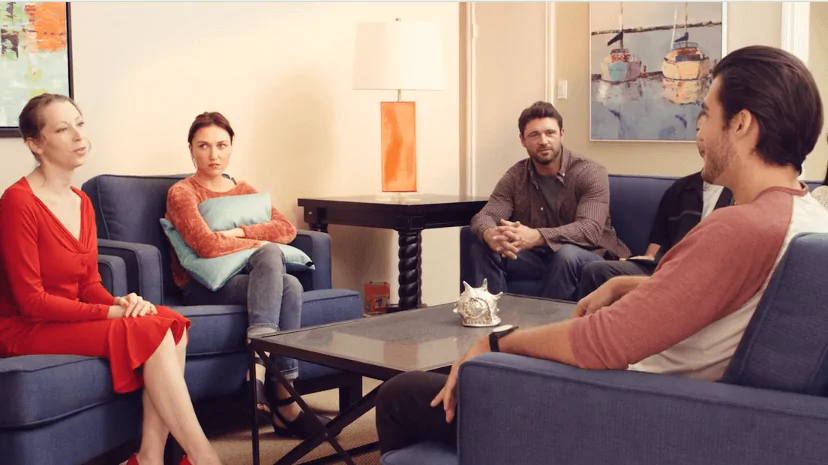24/7 Helpline:
(866) 899-111424/7 Helpline:
(866) 899-1114
Learn more about Bipolar Disorder Treatment centers in Granville County
Bipolar Disorder Treatment in Other Counties

RJ Blackley – Alcohol and Drug Abuse Treatment Center
RJ Blackley - Alcohol and Drug Abuse Treatment Center is specifically designed to provide inpatient ...






























































Life Changes
Life Changes offers a variety of programs including EAP Services, DWI Assessments & Treatment, and S...

Granville Counseling Center
Granville Counseling Center offers outpatient treatment for individuals with alcohol and/or substanc...





























Other Insurance Options

Private insurance

Sliding scale payment assistance

BHS | Behavioral Health Systems

Meritain

BlueCross

Health Partners

AllWell

Molina Healthcare

Amerigroup

Kaiser Permanente

PHCS Network

Optima

CareFirst

United Health Care

MVP Healthcare

Magellan Health

Health Choice

Magellan

CareSource

Anthem